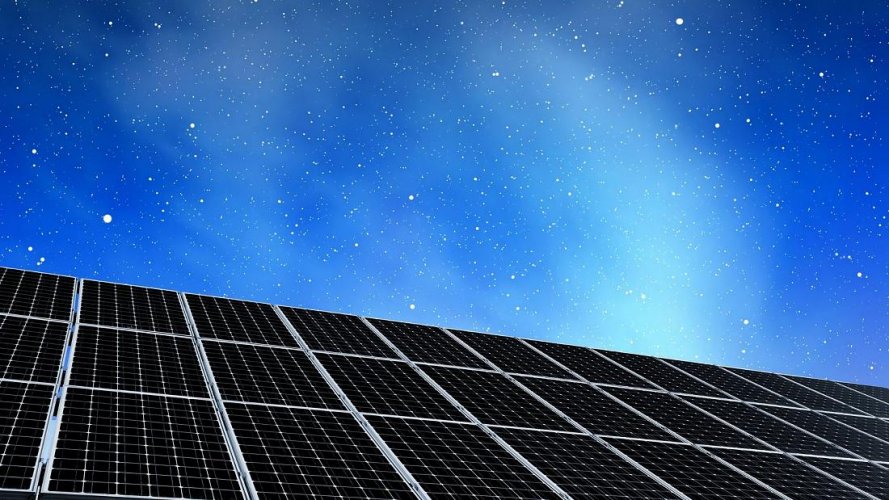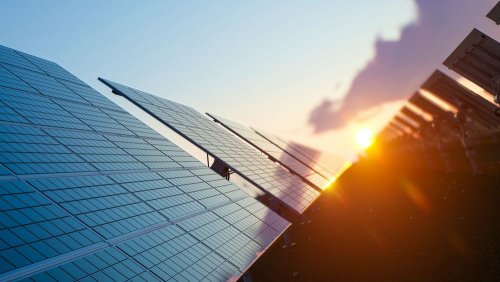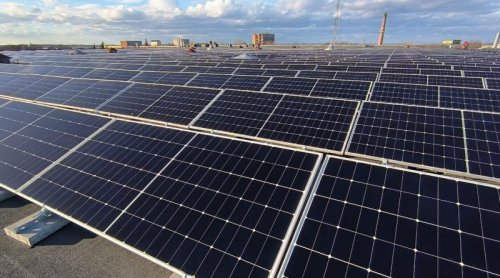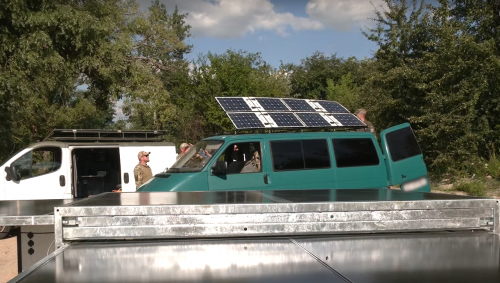Researchers at the University of New South Wales (UNSW) in Australia have found a way to "capture" energy emanating from the Earth at night, which will allow the use of solar energy after sunset.
They used a thermoradiation diode to capture infrared radiation, when the heat absorbed by the earth comes to the surface during the day and then is converted into electricity, according to Eurones
"This could mean the possibility of achieving the ultimate dream of renewable energy: the production of electricity without interruption at sunset," - say researchers.
Ned Eckins-Dawks, a leading team researcher, explained that both normal and night sunlight depend on the flow of energy from hot to cold areas. For ordinary solar energy, the sun is a source of heat, and a relatively cool solar panel provides cold absorption, which allows you to generate electricity.
"At night, the Earth is a relatively warm body, and the vast void of space is extremely cold. According to the same principles of thermodynamics, you can also produce electricity from this temperature difference: the infrared light into space," he added.
"Night" solar energy is still in the early stages of development, so the amount of energy produced by UNSW researchers was very small, roughly equivalent to 0.001% of conventional solar panels, but investment can increase the efficiency of the technology to 10%.
Other teams around the world are also working to develop night solar energy, in particular Stanford scientists are developing other techniques to "catch" the earth's light.
Dr. Michael Nielsen, co-author of the UNSW study, says the concept has great potential.
"Using our knowledge of how to design and optimize solar panels, as well as borrowing materials from the existing mid-infrared photodetector community, we hope to make rapid progress in realizing the dream of solar energy at night!" He added.
We will remind, in 2022 is forecast new record growth in renewable energy.
As EcoPolitica reported earlier, Ukrainians told how SES helped them survive the occupation.




